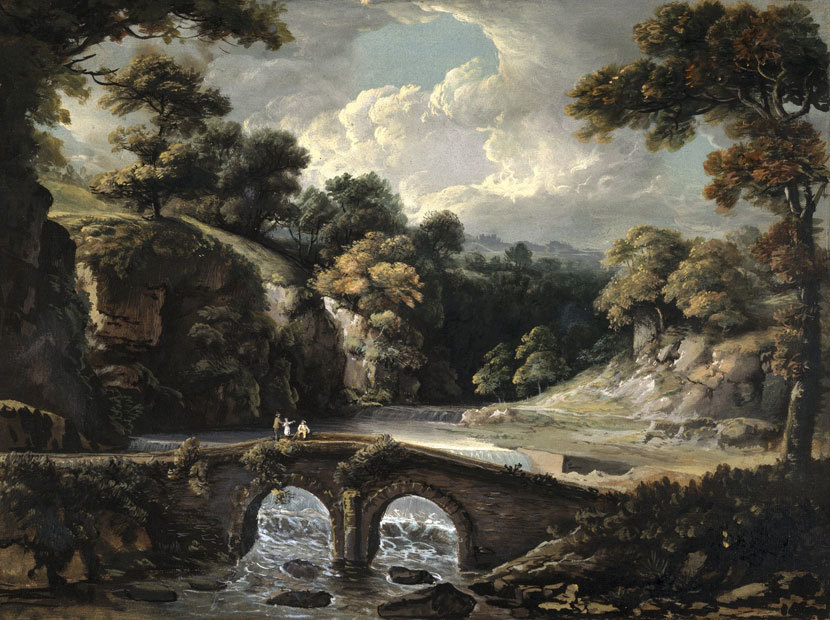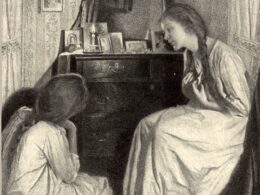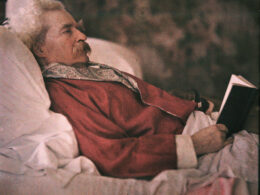Edgar Allan Poe (1809–1849)
From Edgar Allan Poe: Poetry & Tales

In 1684 William Penn wrote about the wildlife (or “food,” as he called it) found in the Delaware Valley region, including “elks, deer, Racoons, Beaver, Rabbets, Turkeys, Phesants, heath-birds, Pidgeons & Patredge innumerably.”
By the middle of the next century the fur trade had decimated the region’s fauna and many of these animals were gone. One of the first to vanish from the region was the elk. Yet, when Edgar Allan Poe was asked to write a “plate article” to accompany an illustration of an elk on a hillside outcrop, he wrote a travel piece about a foray in the woods north of Philadelphia, where he encountered one of the wild and statuesque creatures. He then concludes the story with a characteristically Poe-like twist. One scholar in the 1930s took Poe’s story at its word, noted that a nearby sanitarium kept pets of various kinds for the patients, and surmised (with little in the way of evidence) that this domesticated menagerie might have included an elk, which Poe then saw in his wanderings.
Although this theory was picked up in several biographies and critical studies, it seems far more likely that the only elk Poe saw was the one in Chapman’s drawing. Nevertheless, “Morning on the Wissahiccon” remains one of the most memorable pieces written about the still-beautiful, if not quite untamed, region, and we present it as our Story of the Week selection.



